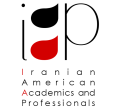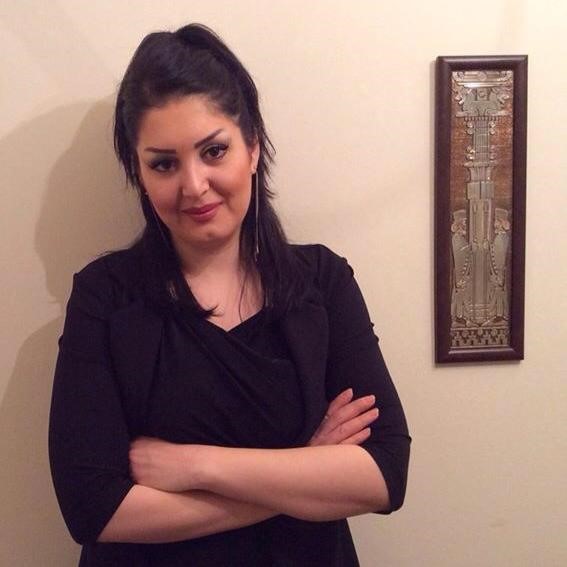Where: Montgomery Community College (Rockville Campus) – Humanity Building (HU), Conference Room 009 (Get Directions, Campus Map )
Language: English

Synopsis:
Plastic surgery is both reconstructive and cosmetic, with nasal surgery best demonstrating this spectrum. A deviated septum is a very common condition that can affect the inside and outside of the nose. Rhinoplasty and septoplasty surgery are the most common nasal procedures performed worldwide to improve the function and/or appearance of the nose. The audience will develop a better understanding of nasal anatomy and subsequently the etiology and treatment of nasal obstruction. Photograph and video of nasal surgery will be available.
About the Speaker:
Dr. Houtan Chaboki is a board-certified facial plastic surgeon in Washington, DC. He is a member of the American Academy of Facial Plastic and Reconstructive Surgery, the world’s largest specialty association that represents over 2,700 facial plastic and reconstructive surgeons throughout the world. Dr. Chaboki received his undergraduate degree in biomedical engineering from Northwestern University and his MD from the University of Illinois in Chicago. After completing his residency in Otolaryngology – Head & Neck Surgery at the Mount Sinai Medical Center in New York, he served as a facial plastic surgery Fellow. He is currently Assistant Professor of Surgery at George Washington University. He continues to instruct other plastic surgery specialists in both facial plastic surgery fundamentals as well as more specialized techniques. Dr. Chaboki specializes exclusively in surgery of the face, neck, eyes, and nose. His Washington DC cosmetic surgery practice offers facelift and neck lift, blepharoplasty (eyelid surgery), aesthetic and functional rhinoplasty, and Botox® injections. Before and after plastic surgery photographs can be seen on his practice website potomacplasticsurgery.com.
Please Note: No Dinner is served, only light refreshment is provided
Please click here to RSVP.


